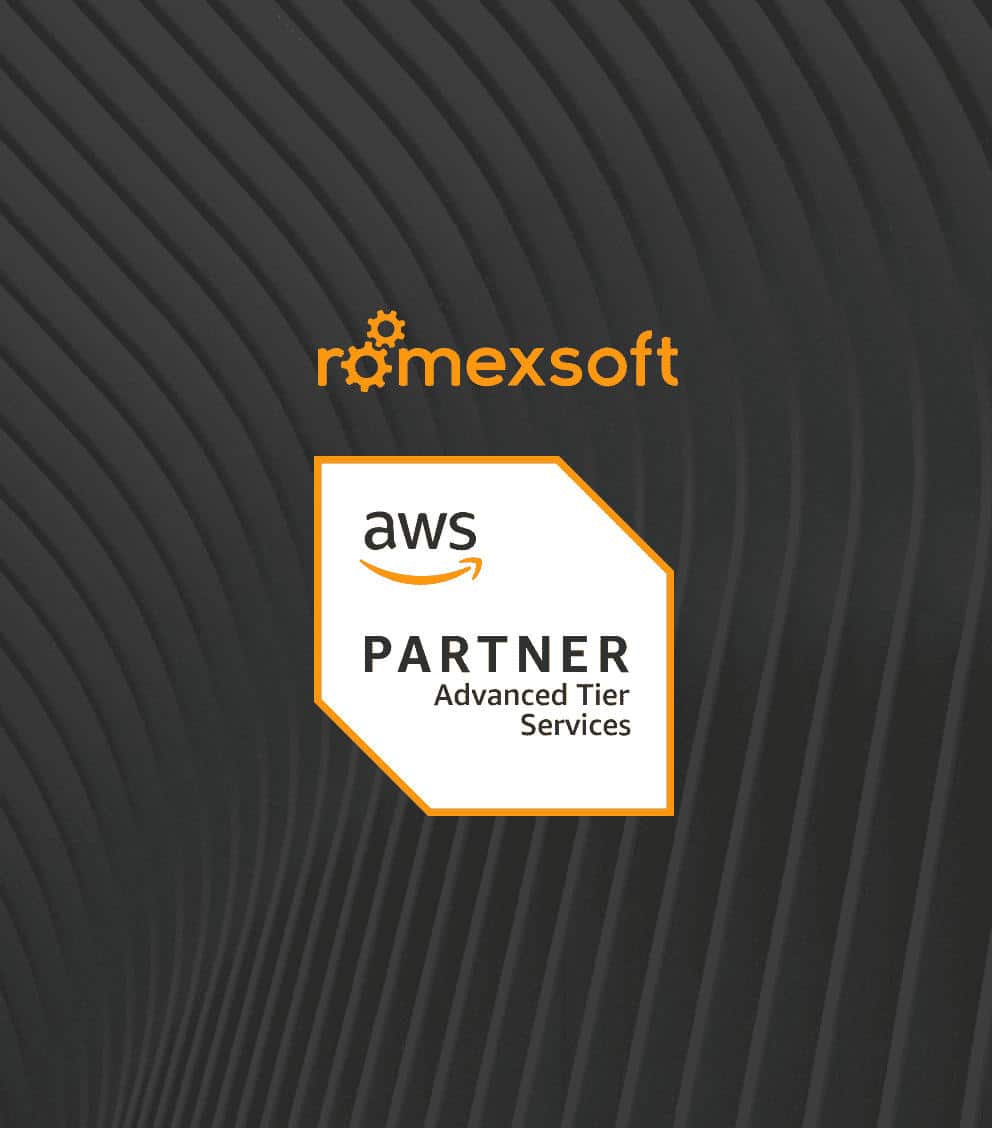Romexsoft Blog
Stay updated with our expert blog, where we share the latest insights on software development, emerging tech trends, industry tendencies, and best practices from our personal experience.
We also provide deep dives into AWS services, offering practical cases, useful tips, and well-thought-out strategies to help you navigate the Amazon cloud.

Given the complexity of balancing business objectives with technological demands, we have created this guide to help you choose and implement the optimal multi tenant architecture for SaaS applications using Java, Spring Boot, and AWS.
By the end of this article, you will understand how to select the optimal approach for your business requirements and how Romexsoft’s expertise can help you achieve your SaaS goals.
In particular, we will cover:
- What multi-tenancy in cloud computing is
- What the benefits and disadvantages of each multi tenant architecture are
- How to implement different types of architectures using Java, Spring Boot, and AWS
- How businesses can understand which type is the most suitable for their needs

- In this article we outlined top 10 monitoring and optimization tools for applications hosted on AWS.
- Depending on your business needs there are tools that:
- monitor apps, hardware and databases and send alerts in case of issues
- analyze app’s performance on code- and service-levels in real time
- control latency, storage space, network traffic, CPU usage and memory usage
- detect fraud and increase the level of application’s protection
These tools will help you have the full visibility of your app’s performance as well as help you make sure your app is up and running 24/7.

Garden owners’ biggest delight is to enjoy the beauty of nature. Most likely, they don’t want to worry about endless manual work, buying more and more tools or increasing costs within time. Their solution could be hiring garden specialists, installing automatic watering systems. The same story applies to app developers – a big hassle for […]

Application and software market is continuously growing and changing. Organizations compete to achieve higher velocity at delivering software to their customers. However, it’s not only about speed: clients need a high-quality product. In the chase for a perfect software delivery model, the development community has come up with DevOps testing. What is DevOps Testing? DevOps […]

In the era of digital transformation, where innovation is the name of the game, the marriage of DevOps practices and cloud development is a strategic alliance poised to reshape the way businesses approach application delivery. Here’s what you can expect to glean from our exploration of merging DevOps and cloud development:
- Streamlined Development: Discover how this integration simplifies and accelerates the development process, allowing for faster time-to-market.
- Improved Collaboration: Learn how DevOps and cloud development foster collaboration among development, operations, and testing teams, breaking down silos.
- Scalability Unleashed: Explore how the cloud empowers your applications to scale dynamically, meeting changing demands seamlessly.
- Cost Efficiency: Uncover strategies for optimizing costs by eliminating the need for in-house data centers and reducing IT personnel expenses.
- Enhanced Security: Dive into the security benefits of cloud development and best practices for safeguarding your applications and data.
- Global Reach: Understand how cloud services enable global availability, ensuring your applications are accessible to users worldwide.
In this article, we guide you through the fusion of DevOps and cloud development, providing invaluable insights and strategies for achieving development excellence in the digital age.

Due to constant digitalization many companies try to make a mark and opt for serverless applications and services.
The pain points serverless services help to solve:
- Scalability
- Costs spent on in-house data centers & servers
- Expenses on IT specialists to support & maintain in-house servers
Learn about the most popular AWS serverless services grouped according to their functions. Serverless services will make your application secure, scalable, reliable, and available globally.

Get to know how your hospital can benefit from a web based medical billing system and what features it should include.






